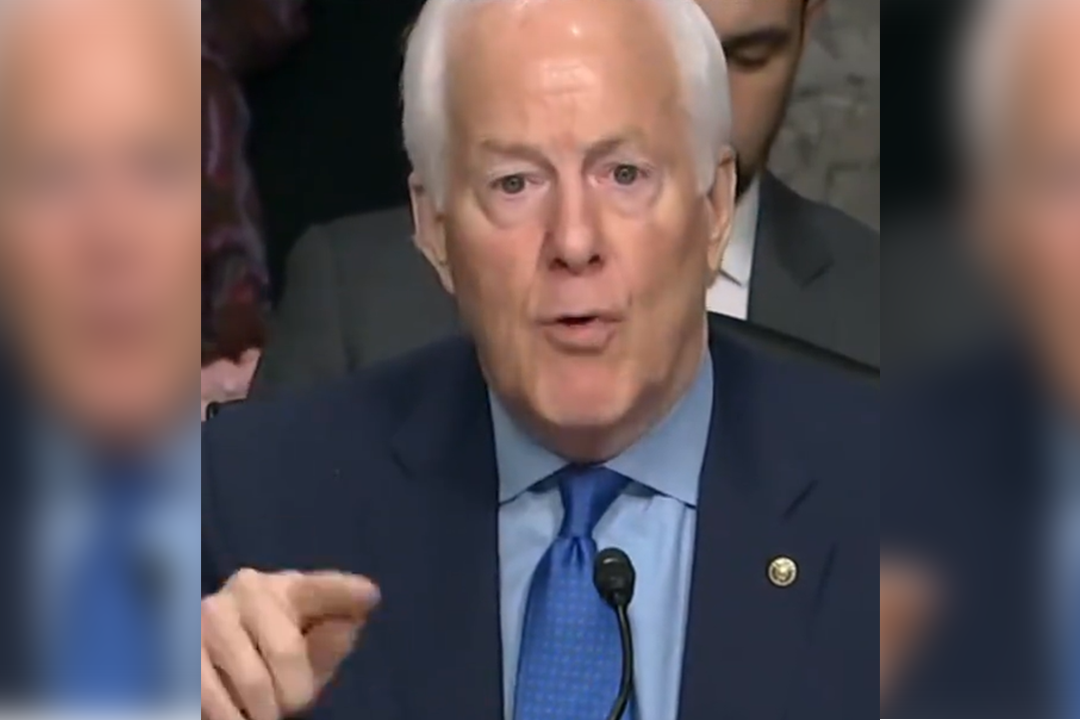BY MBONGENI NDLELA
MBABANE – In a critical move to safeguard global health, the United States Secretary of State, Marco Rubio, has approved an “Emergency Humanitarian Waiver” to ensure the continuation of life-saving HIV treatment across 55 countries.
The decision comes in response to a sweeping executive order by President Donald J. Trump, which imposed a 90-day funding pause on all foreign assistance programs, including the US President’s Emergency Plan for AIDS Relief (PEPFAR).
PEPFAR, the world’s leading initiative in the fight against HIV/AIDS, directly supports over 20 million people living with the virus. With this waiver, millions will continue to receive vital antiretroviral treatment despite the broader pause in US foreign development assistance.
Global relief at critical decision
UNAIDS Executive Director, Winnie Byanyima, hailed the decision as a crucial step in maintaining progress in the global AIDS response.
“This urgent decision recognizes PEPFAR’s critical role and restores hope to people living with HIV,” Byanyima stated.
The pause in funding for foreign assistance was announced as part of the Trump administration’s assessment of programmatic efficiencies and alignment with US foreign policy. However, this suspension raised concerns among global health advocates who feared that disruptions in funding could reverse decades of progress in the fight against HIV/AIDS.
Impact of the funding freeze
Before the waiver, the global health community, including the World Health Organization (WHO), expressed alarm over the potential ramifications of the funding halt. WHO emphasized that PEPFAR supports critical HIV treatment programs in over 50 countries, serving over 566,000 children under 15 years of age and more than 20 million people globally. A prolonged pause, the agency warned, could have led to increased HIV transmission rates and a resurgence of AIDS-related deaths, undoing years of painstaking progress.
“Such measures, if prolonged, could lead to rises in new infections and deaths, reversing decades of progress and potentially taking the world back to the 1980s and 1990s when millions died of HIV every year,” WHO cautioned.
Ensuring continuity amid uncertainty
With the waiver in place, PEPFAR’s life-saving efforts—ranging from HIV treatment to services for orphans and vulnerable children—will continue uninterrupted. UNAIDS has vowed to work closely with governments and stakeholders to assess and mitigate any residual impacts of the temporary funding freeze on essential HIV services.
WHO has also reaffirmed its commitment to ensuring sustainable HIV response efforts in collaboration with PEPFAR and national governments. The organization highlighted ongoing efforts to transition HIV programs toward greater country ownership and reduced donor dependence by 2030.
Eswatini is among key beneficiaries
Eswatini, one of the countries that has greatly benefited from PEPFAR funding, stands to gain significantly from this waiver. With one of the highest HIV prevalence rates in the world, the Southern African nation has made remarkable strides in combating HIV/AIDS, largely due to PEPFAR-supported programs. The continued funding ensures that hundreds of thousands of Eswatini citizens will maintain access to antiretroviral therapy, critical prevention services, and essential care for orphans and vulnerable children affected by the epidemic.
Health officials in Eswatini have welcomed the waiver, emphasizing that any disruptions in PEPFAR funding could have severely impacted national HIV response efforts. “This decision is a lifeline for many in Eswatini,” stated a senior health ministry official. “Without PEPFAR, our progress in reducing HIV infections and deaths would be at great risk.”
A call for continued US leadership
In a direct appeal to the Trump administration, UNAIDS encouraged the US government to maintain its leadership in the global fight against HIV/AIDS. As one of the largest contributors to global health funding, US commitment remains vital in achieving the Sustainable Development Goal of ending the AIDS epidemic by 2030.
Since its inception over 20 years ago, PEPFAR has saved more than 26 million lives, significantly reducing HIV-related mortality worldwide. Any disruptions to its funding, even temporarily, highlight the fragile balance in the fight against HIV/AIDS and the importance of unwavering support from global powers.
With this waiver, the world breathes a sigh of relief—at least for now. However, stakeholders remain vigilant, recognizing that continued advocacy and commitment are necessary to prevent future funding uncertainties from endangering millions of lives.








